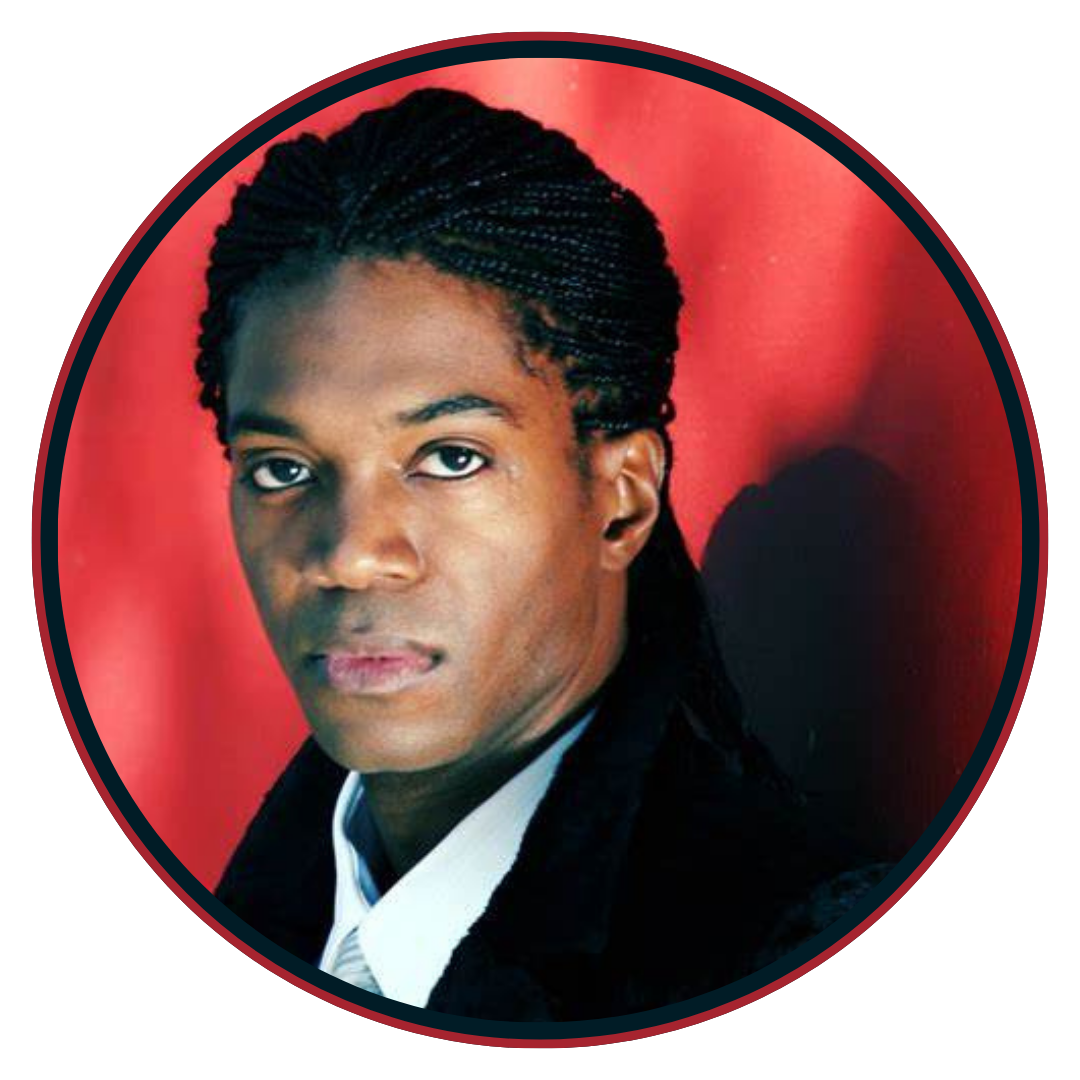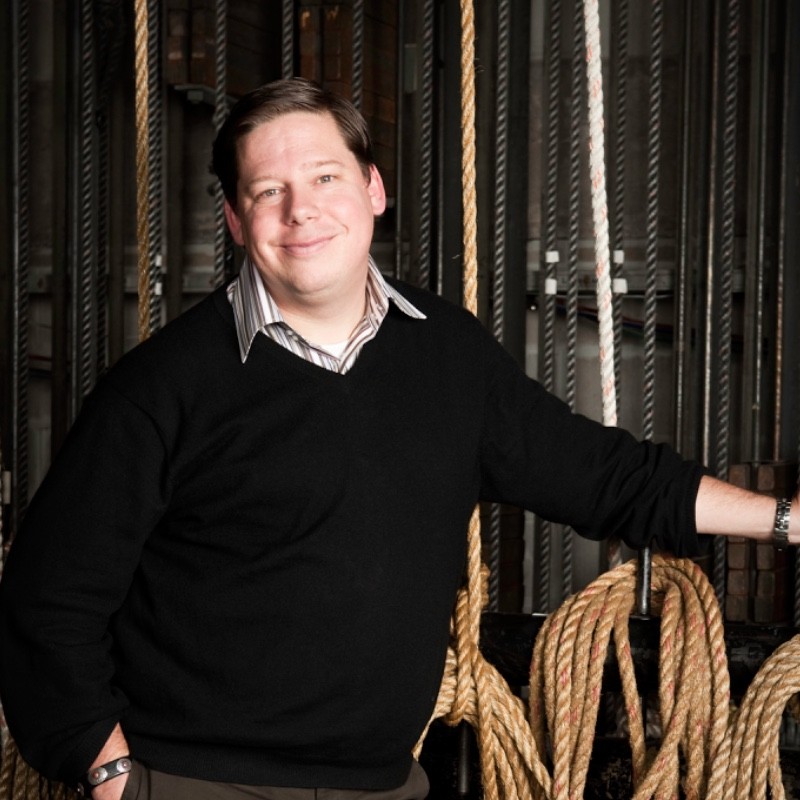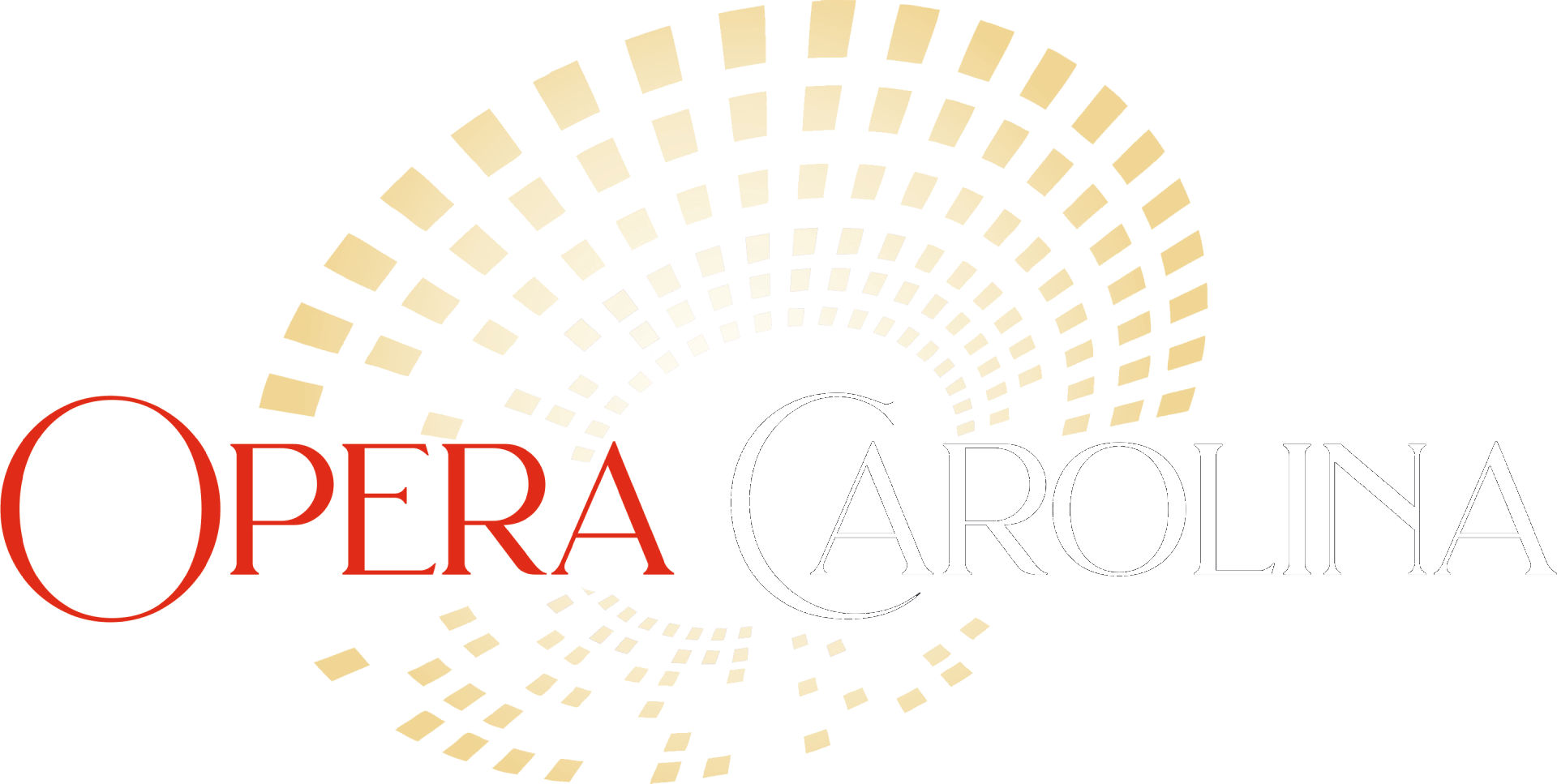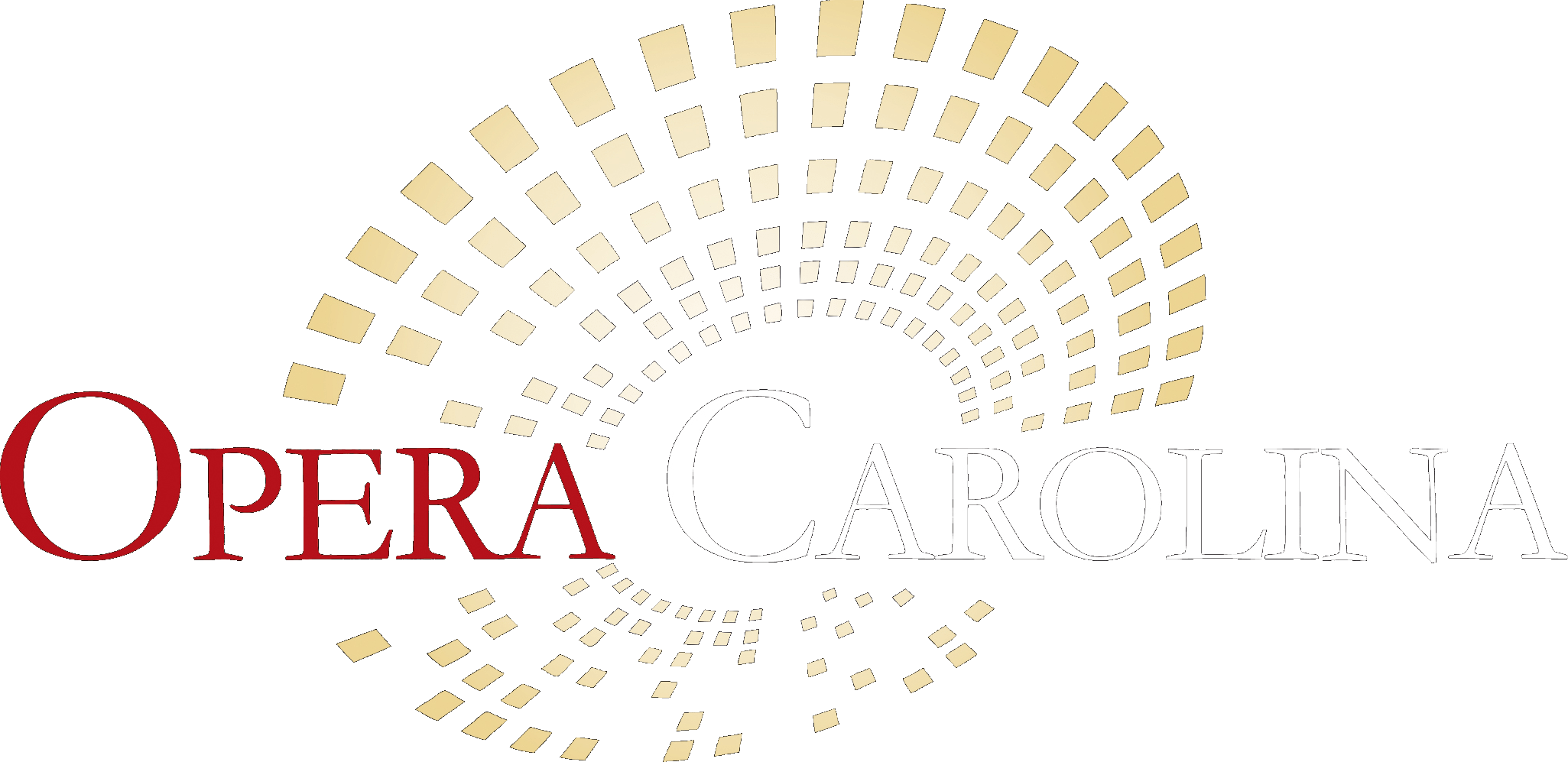

Barbara Fritolli

Carl Tanner

Nmon Ford

James Meena
General Director & Principal Conductor

Garnett Bruce
Director

Michael Baumgarten
Lighting Designer
Production Team
Costumer, Allison Collins
Wig and Make-up Design, Martha Ruskai
Technical Director, Wilbert Ferguson
The Story of Cavalleria Rusticana with Pagliacci
The Story of Cavalleria Rusticana
Background. Turiddu and Lola were childhood sweethearts. He was sent to fight Mussolini’s Abbysinia (Ethiopia) campaign in 1935, and was believed to have been killed. Lola, in turn, marries the wealthy merchant Alfio. When Turiddu returns to the village and discovers Lola is married, he takes up with Santuzza, who is carrying his child and who he has promised to marry.
The opera opens with Turiddu singing a beautiful serenade to Lola. The townspeople are preparing for Easter celebration. Santuzza enters the town square and confronts Turiddu’s mother, Lucia. Lucia tells her Turiddu has gon to Francofonte to work, which Santuzza declares is not true; that he is with Lola. After the traditional Easter procession, Santuzza confronts Turiddu who denies his affair with Lola and tells her he is not her slave. Rejected, she curses him. Santuzza meets Alfio, who is late for Easter service and tells him of the affair. Alfio pledges to restore his honor. After Easter service, the townspeople are in the courtyard celebrating. Turiddu leads them in a joyful drinking song which is interrupted when Alfio refuses to drink with him. At this, Turiddu challenges Alfio in the traditional Sicilian way – with a embrace and a bite on Alfio’s ear. The challenge accepted, the men prepare for a fight to the death. Before going to meet Alfio, Turiddu begs his mother to embrace Santuzza as her own. The opera comes to its tragic end when screams are heard from the orchard, “They’ve killed Turiddu”!
The Story of Pagliacci
by Ruggiero Leoncavallo
From the opening lines of Pagliacci, Leoncavallo treats us to something new in opera. The curtain is closed, and out comes one of the actors, not yet in full costume, his make-up not quite finished, to tell us that what we are about to witness on stage is true. He says that all human emotions are exposed in this story, and that he, as the Prologue, is here to prepare us for the tears we are about to witness.
PART I. The curtain rises on a village square. The townspeople are gathering to greet a traveling troupe of actors who are to perform for them that evening. The actors perform the traditional commedia dell’arte – an improvised comedy of domestic infidelity between the lovely but unfaithful Columbine, her husband Pantalone (Pagliacco), the lover Harlequin, and the valet Zanni (Taddeo) who betrays them all. The leader of the group of actors, Canio, greets the crowd and tells them they are in for a grand spectacle that evening. When someone jokingly suggests that he should keep his eye on his young wife, Nedda, Canio warns he will tolerate no flirting with his wife. The village men go to the tavern with Canio, leaving Nedda alone. Disturbed by her husband’s violent temper and threats, she envies the freedom of the birds soaring overhead. Tonio enters and movingly tells her that he loves her. She laughs at him, saying his soul is as deformed as his body. Furious, he grabs her, but Nedda takes a whip and runs him off. Nedda in fact does have a lover—Silvio, who has come to persuade her to run away with him at midnight. Tonio, overhears their pledge and hurries off to tell Canio, and have his revenge on Nedda. The jealous husband bursts in on the lovers. Silvio escapes and Nedda refuses to identify him even when threatened with a knife. Beppe, another player, has to restrain Canio, and Tonio tells him to wait until evening to catch Nedda’s lover. Alone and broken hearted at the betrayal of his wife, Canio laments that he must play the clown, even while his heart is breaking.
An Intermezzo unites Act I to Act II
PART II. The villagers, Silvio among them, assemble to see the play Pagliaccio e Colombina. Beppe, dressed as “Harlequin,” appears onstage to greet Nedda, dressed as “Columbine.” The sweethearts get rid of the meddling clown “Taddeo” (played by Tonio) and plot to poison “Pagliaccio”—“Columbine’s” husband. Canio bursts in as “Pagliaccio” and “Harlequin” quickly departs. Thrown into a theatrical situation that mirrors his own life, Canio begins to lose control. Forgetting the script, he demands that Nedda reveal her lover’s name. She tries to continue with the play as the audience applauds what they think is the realism of the show. Taking a knife from the table Canio stabs Nedda to the horror of the crowd who realize that what they thought was improvisation is real. Silvio rushes to the stage to save her. Canio realizes Silvio has been Nedda’s lover and turn and kills him. As the distraught clown weeps over his wife, Tonio then announces to the audience: “The comedy is over.”
Know Before You Go!
Cavalleria rusticana, (Italian: “Rustic Chivalry”) opera in one act by the Italian composer Pietro Mascagni (Italian libretto by Giovanni Targioni-Tozzetti and Guido Menasci) that premiered in Rome on May 17, 1890. A short and intense work, it sets to music the Italian writer Giovanni Verga’s short story (1880) and play (produced 1884) of the same name, which tells a story of love, betrayal, and revenge in Sicily. Mascagni’s opera was an instant success, and it started a trend in opera for the naturalistic, often violent verismo style associated in literature with Verga and his contemporary Luigi Capuana.
In 1888 Mascagni heard of a competition for one-act operas. With four complete operas to his name, he was on the verge of submitting one act of his historical drama Guglielmo Ratcliff when he learned that his wife had already sent in Cavalleria rusticana without his knowledge. It won a top prize and went on to become an international success. The most famous excerpt is the lyrical intermezzo connecting the opera’s two scenes.
—
Pagliacci, (Italian: “Clowns” or “Players”) verismo opera with both words and music by Ruggero Leoncavallo. Based on an actual crime, Pagliacci owes its continuing success in part to the composer’s ability to balance humour, romance, and darkly violent moods. It premiered in Milan on May 21, 1892, with the conductor Arturo Toscanini on the podium. The opera’s most-recognizable aria is the leading tenor’s aria “Vesti la giubba,” which occurs midway through the opera.
Pagliacci was the second of the nine operas by Leoncavallo. In a prologue and two acts that span about an hour’s time in performance, it tells the story of an acting troupe led by a jealous man who is ultimately driven to murder his actress wife and her lover. The jealous husband—the actor Canio—is written as a tenor role. The great tenors of the past century considered the role a challenge, because the character exhibits a wide range of moods, from manic humour to murderous rage. In the famed aria mentioned above, he muses upon the challenge of playing a comedic role while his heart is breaking.
Cantoni, Linda and Schwarm, Betsy. “Cavalleria rusticana”. Encyclopedia Britannica, 8 Apr. 2015, https://www.britannica.com/topic/Cavalleria-rusticana-opera-by-Mascagni. Accessed 15 November 2023.
Schwarm, Betsy. “Pagliacci”. Encyclopedia Britannica, 25 Jul. 2023, https://www.britannica.com/topic/Pagliacci. Accessed 15 November 2023.
Parking Information
A special preferred parking rate of only $10* is available for our patrons in the Bank of America Center Parking Garage.
- Entrances at: 150 N. College St. and 290 E. 5th St.
The $10 rate is applicable when parked in the garage after 5pm on weekdays, Monday-Friday. If parked in the garage before 5pm, the $10 rate is void. There is no time restriction for the weekend, Saturday and Sunday.
GETTING AND USING YOUR PARKING PASS WHEN YOU ARRIVE
- Pull the garage entry ticket when you arrive at the designated garage. You will need this to exit!
- Purchase a $10 Blumenthal exit pass at the theater or click here to purchase in advance online. If you would rather purchase by phone, please call 704.372.1000.*
WHEN YOU EXIT
- Insert your garage entry ticket into the yellow slot. Amount due will display on the screen.
- Insert your Blumenthal exit pass in the same yellow slot, with the arrow pointing at slot.
- Gate arm will rise and the screen will display “drive safely.”
*Pre-paid parking is not available day of show.
PURCHASE YOUR PARKING EXIT PASS IN ADVANCE
Bring your pre-purchased parking pass with you to the show and exchange for an exit pass or purchase your exit pass at the box office or parking stations at the show.
The Belk Theatre
430 South Tryon St.
Levine Center For The Arts
Charlotte, NC 28202



